French President Emmanuel Macron arrived in Germany on May 26 and had a packed agenda with Chancellor Olaf Scholz - a sign of the two leaders' ambition to bring more unity to the European Union (EU).
The three-day visit showed that Franco-German ties remain strong, despite reports of deep disagreements between the two leaders. President Macron and Chancellor Scholz both expressed support for Ukraine, but their approaches to support for Kiev differed, with Germany being more cautious about supplying arms to Ukraine. Despite their differences, Chancellor Olaf Scholz said the two sides had a “very good personal relationship” marked by regular consultations. The strength of the special cooperation comes even when the two countries have different views on individual issues.
This is the first state visit by a French president since former President Jacques Chirac's visit to Berlin in 2000. Although Mr. Macron regularly travels to Berlin for talks with Prime Minister Olaf, the state visit is held at a higher level of protocol, involving more ceremony and formality.
German President Frank-Walter Steinmeier hosted President Macron in Berlin at his official residence, Schloss Bellevue, on May 26. The two leaders also traveled to the western German cities of Dresden and Münster, visiting sites where the two countries cooperate on technological innovation or security.
The aim of the visit is to find points of convergence between France and Germany on topics such as technology, innovation and artificial intelligence, said Jeanette Süẞ, a researcher at the Paris-based Franco-German Relations Committee (Cerfa). Nuclear energy remains a thorny issue between the two countries. Germany is closing its last nuclear power plant in 2023, in stark contrast to France, which relies on nuclear energy for 70% of its electricity needs.
President Macron’s trip comes as opinion polls suggest that Eurosceptic parties could win a majority in the upcoming EU elections. Therefore, the decision by France and Germany, the two most influential members of the EU, to strengthen their relationship amid the challenges facing the old continent is considered a positive signal. This special relationship continues to be a pillar of the two countries’ foreign policy and a driving force for EU integration.
SOUTH
Source: https://www.sggp.org.vn/cung-co-quan-he-post741719.html








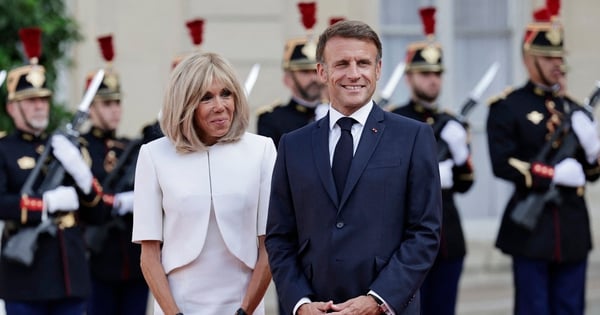

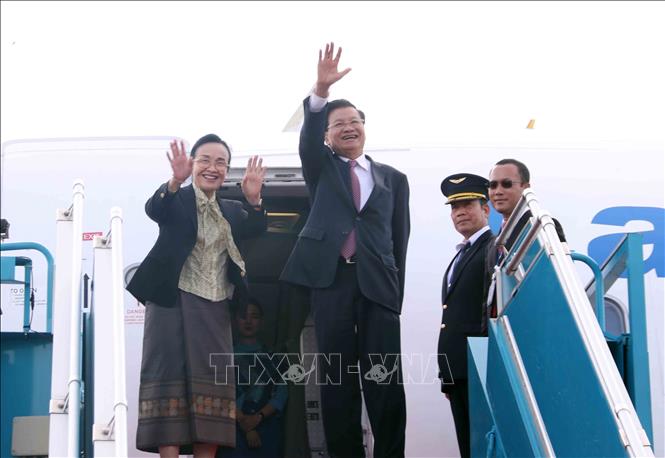

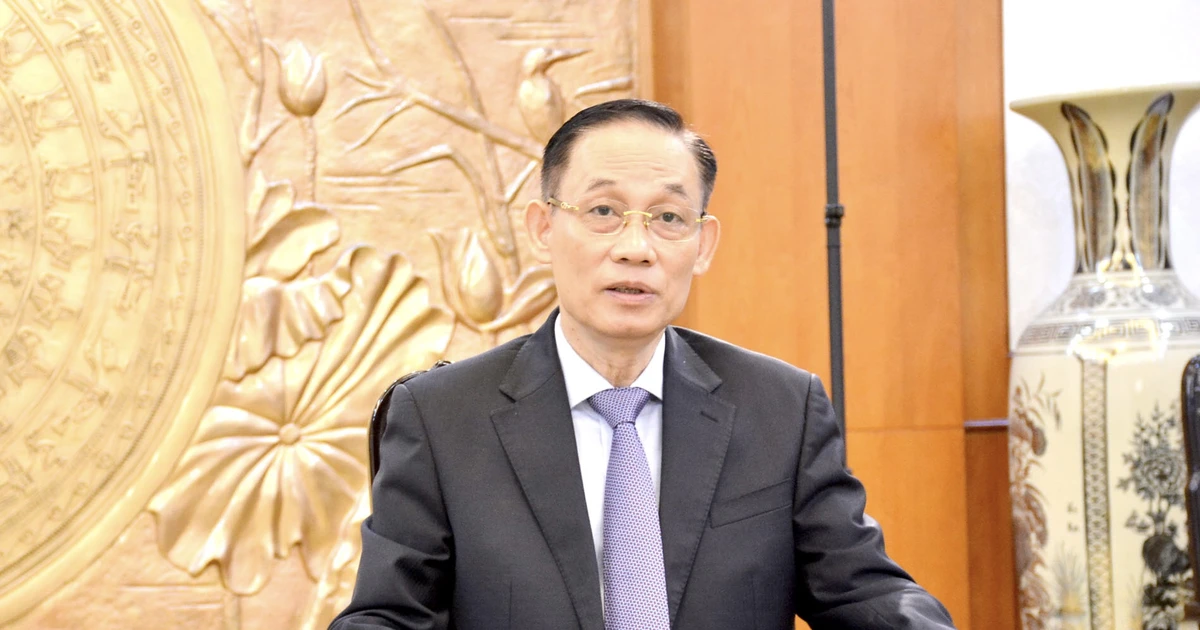

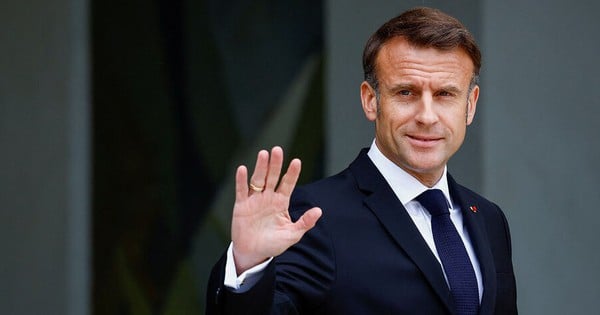

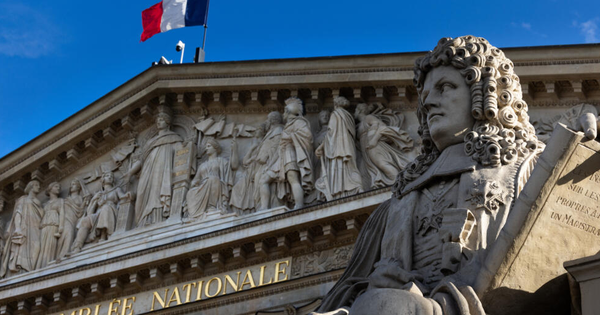
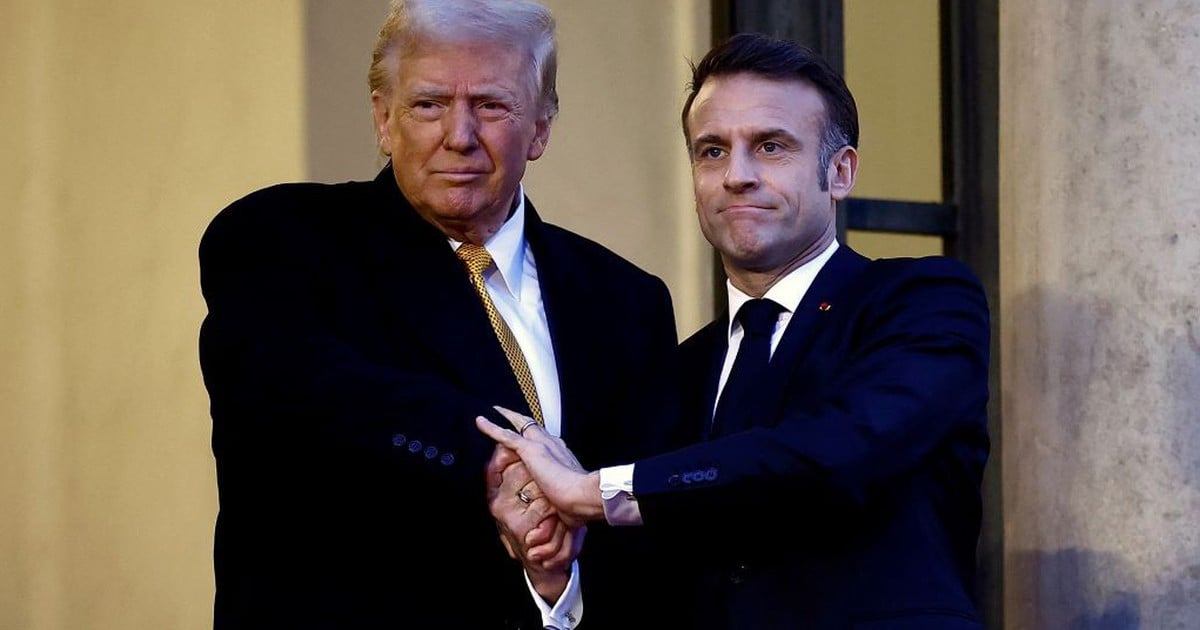
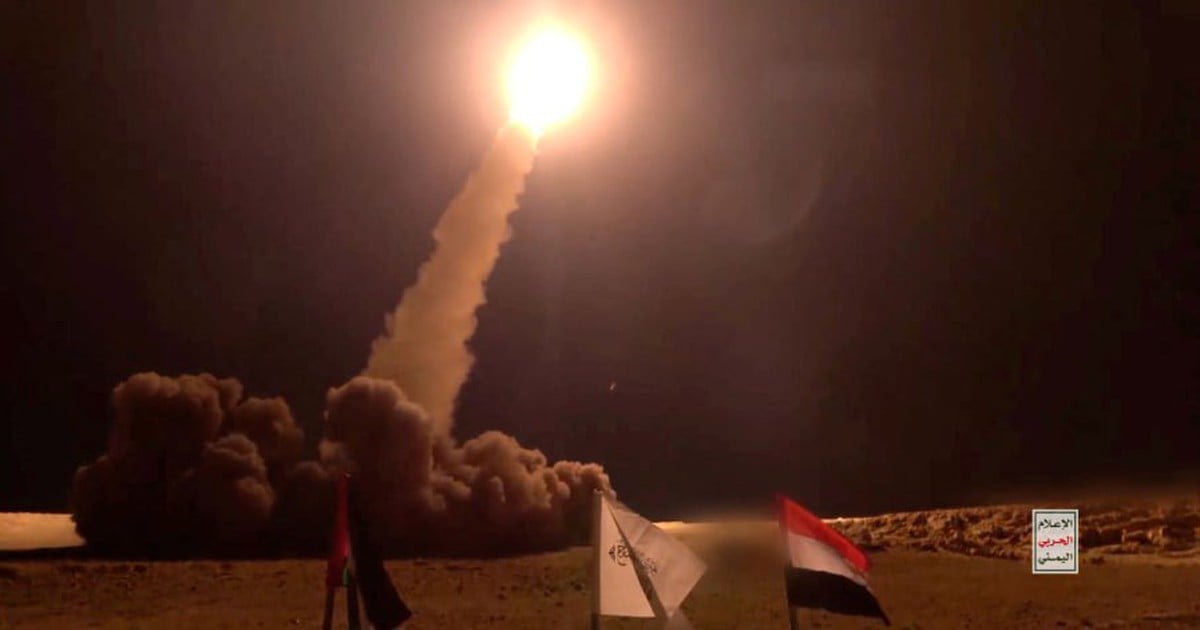


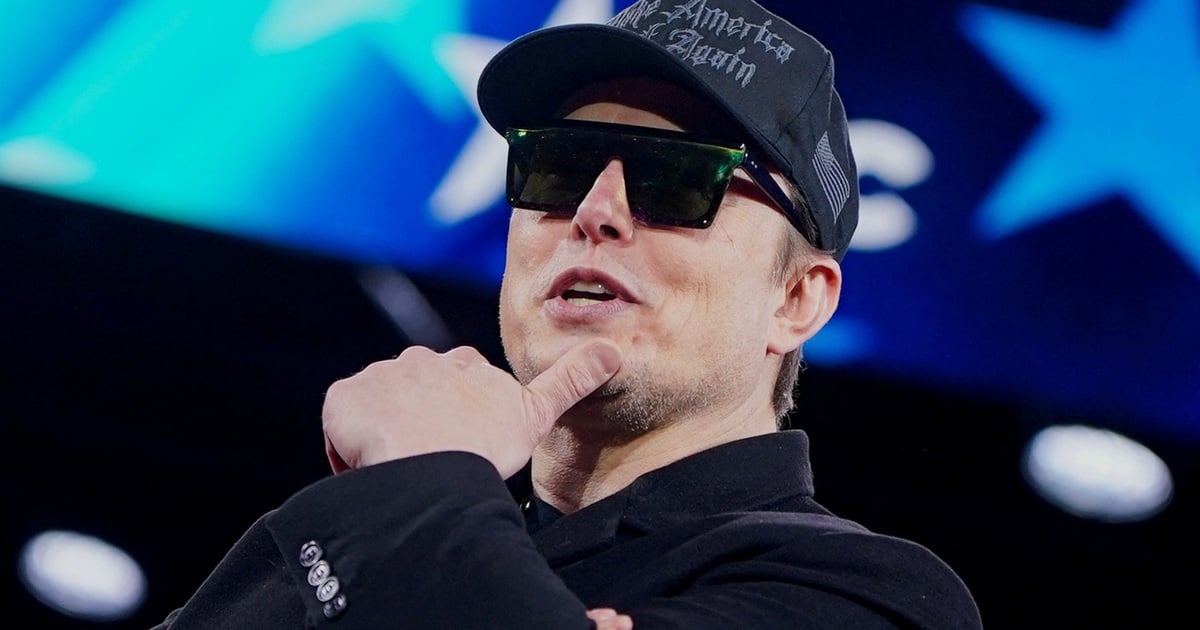
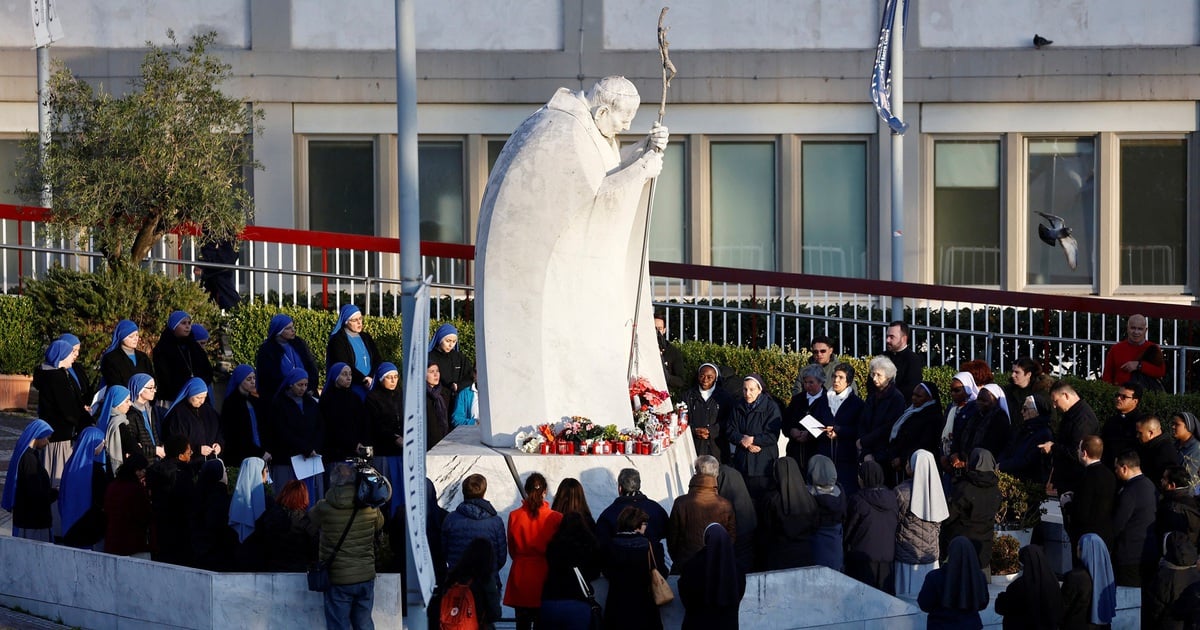
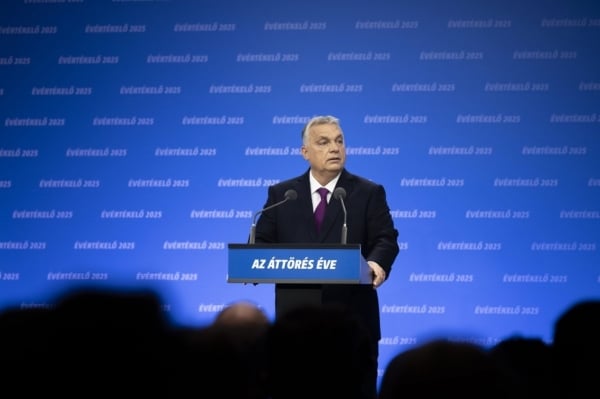
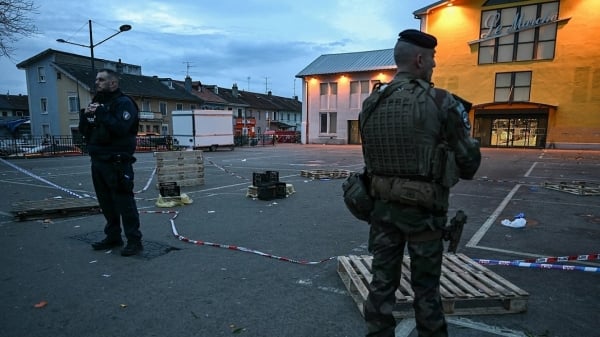


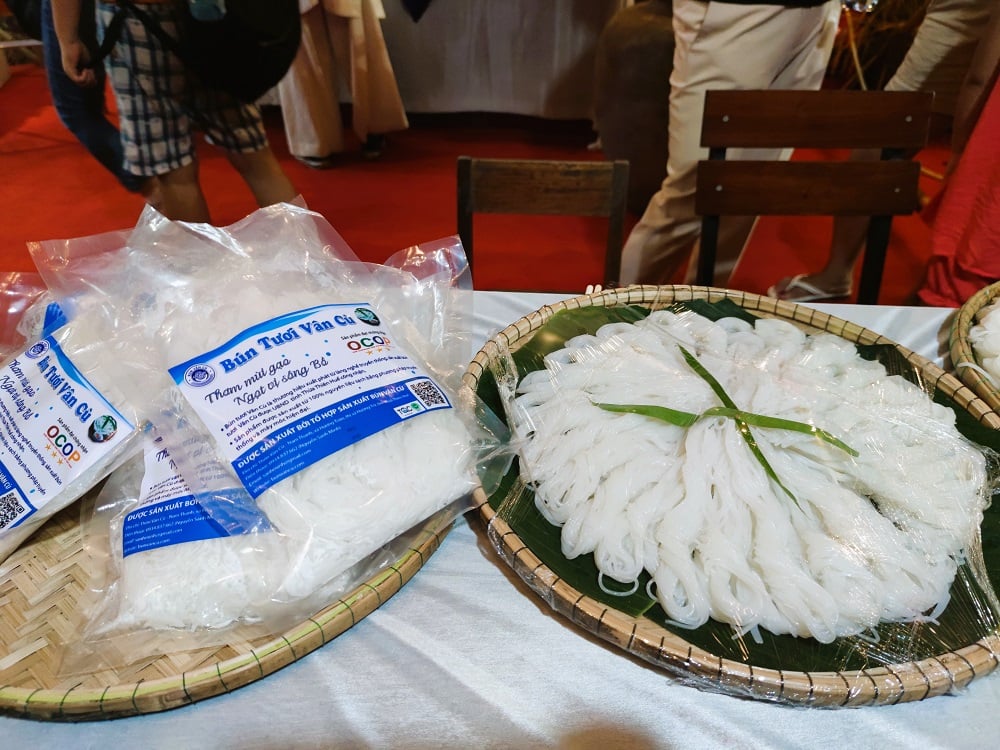



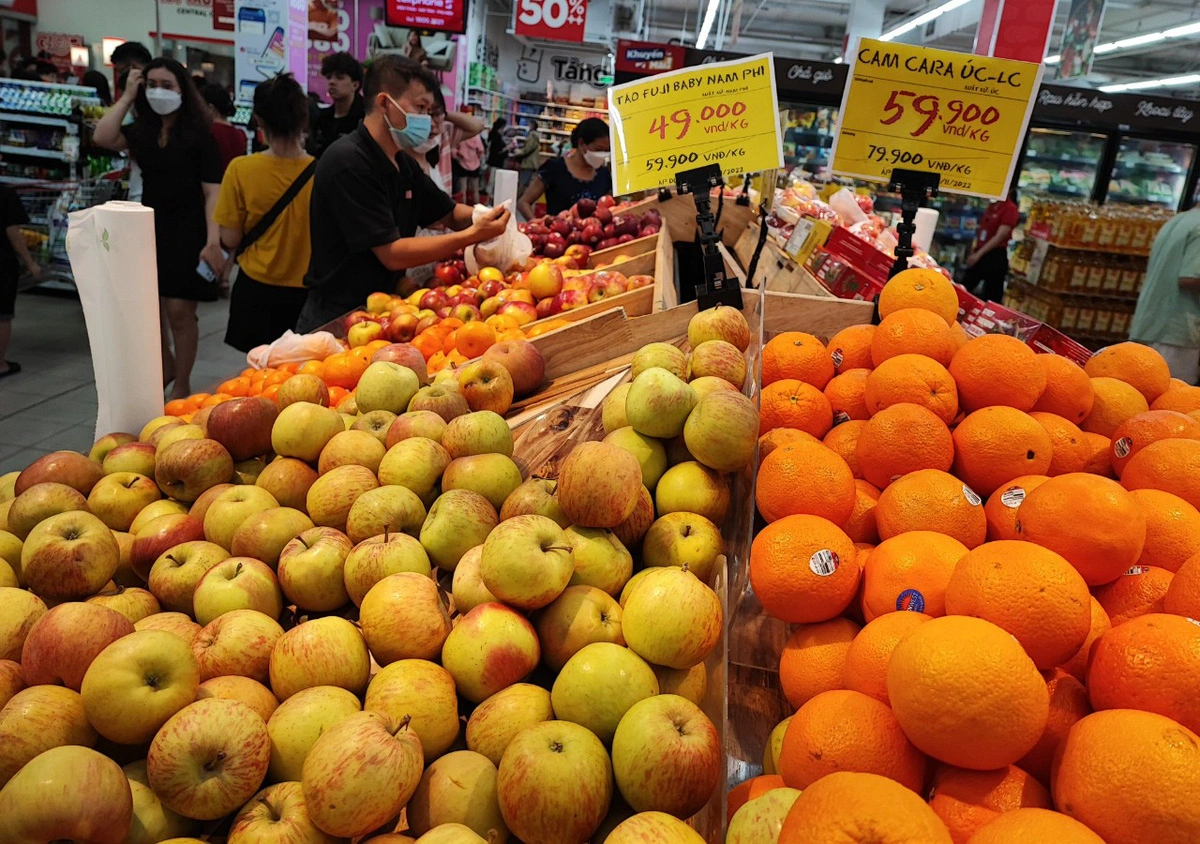








![[Photo] Prime Minister Pham Minh Chinh chairs Government Conference with localities on economic growth](https://vstatic.vietnam.vn/vietnam/resource/IMAGE/2025/2/21/f34583484f2643a2a2b72168a0d64baa)


























































Comment (0)